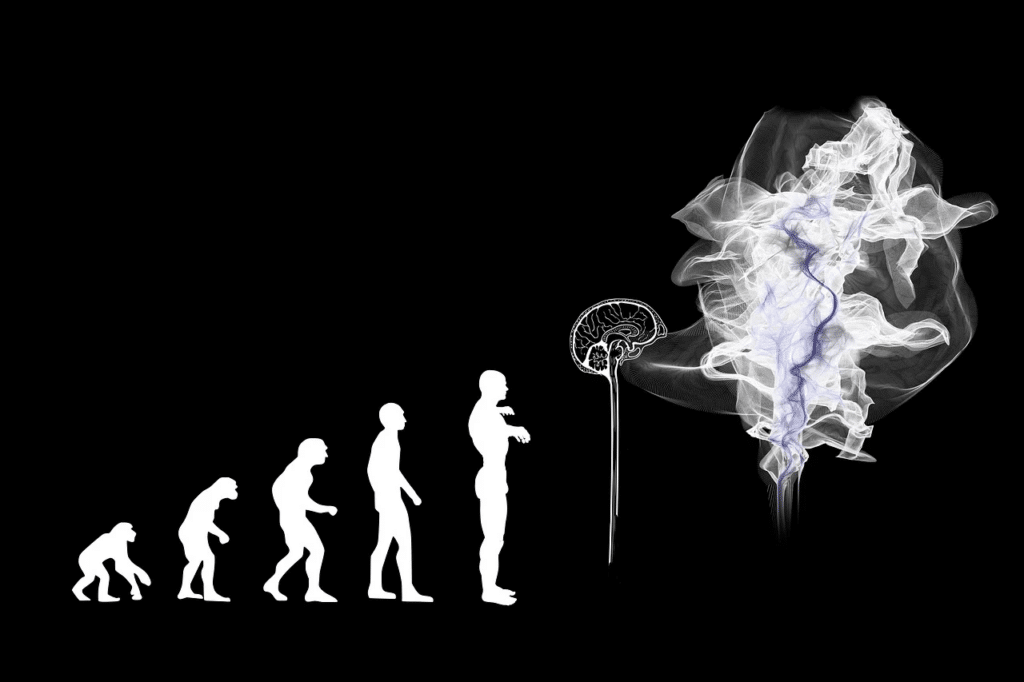
“Organoid Intelligence” Bio-Computers Using Brain Cells
Move over AI, “Organoid” intelligence (OI) is on the way. Scientists at Johns Hopkins University believe that making a computer “more brain like” will result in more in-depth feedback and better decision making.
The scientists are working with tiny lab grown human brains called brain organoids, which consist of groupings of human skin cells that were programmed to resemble embryonic stem cells. On Tuesday, it was published in the journal Frontiers in Science, that they believe these pin prick specks of brain could be channeled into a powerful “biocomputer.”
Thomas Hartung, a Professor of Environmental Health Sciences at Johns Hopkins, and lead researcher on the project believes AI can’t replicate the human mind.
“The brain is still unmatched by modern computers. Frontier, the latest supercomputer in Tennessee, is a $600 million, 6,800-square-feet installation. But only in June of last year, it exceeded for the first time the computational capacity of a single human brain—while using a million times more energy.”
Hartung, sees biocomputing as a new frontier, “It’s an enormous effort of compacting computational power and increasing its efficiency to push past our current technological limits.”
Obviously, switching to brain power would solve the problem of the massive energy load that is required to operate today’s supercomputers. While these supercomputers are obviously faster and more accurate at certain tasks such as number crunching, the human brain has innate knowledge that allows it to weigh external factors in order to make logical decisions.
The new frontier that Hartung spoke of is one that is wide and vast. There is still a long way to go. Each of the Johns Hopkins brain organoids consists of 50,000 cells, too small to reach any desired outcomes. In order to have a fully functional OI, it is estimated that 10 million cells will be required. If and when that is ever achieved, they will contain 125 trillion synapses, each of which can store 4.7 bits of information. The world’s fastest supercomputer contains 58 billion transistors, each storing 4 bits.
There have already been some promising results. Last October, Scientists from Australia’s Cortical Labs reported that by utilizing 800,000 grown brain cells, the OI had successfully learned how to play “Pong,” the arcade game that was popular in the 1970’s.
Of course, using the human brain is going to raise many questions and ethical dilemmas. Will it rely on only the subjects memory? Will it be able to separate deep rooted beliefs in its decision making? Will it develop a personal state of consciousness, will it detect pain, physical or mental? Will it experience emotions? The ethical roadblocks may far outweigh the scientific.
If and when this gets closer to reality, it will need to be monitored extremely closely. The last thing we need is some super powered, liberal “Wizard of Oz” making decisions for mankind.
This reminded me of a confrontation I had a while back. The individual said, “I’m glad you’re here, I’m going to give you a piece of my mind.” To which I replied, “Please don’t, you can’t spare it.”



